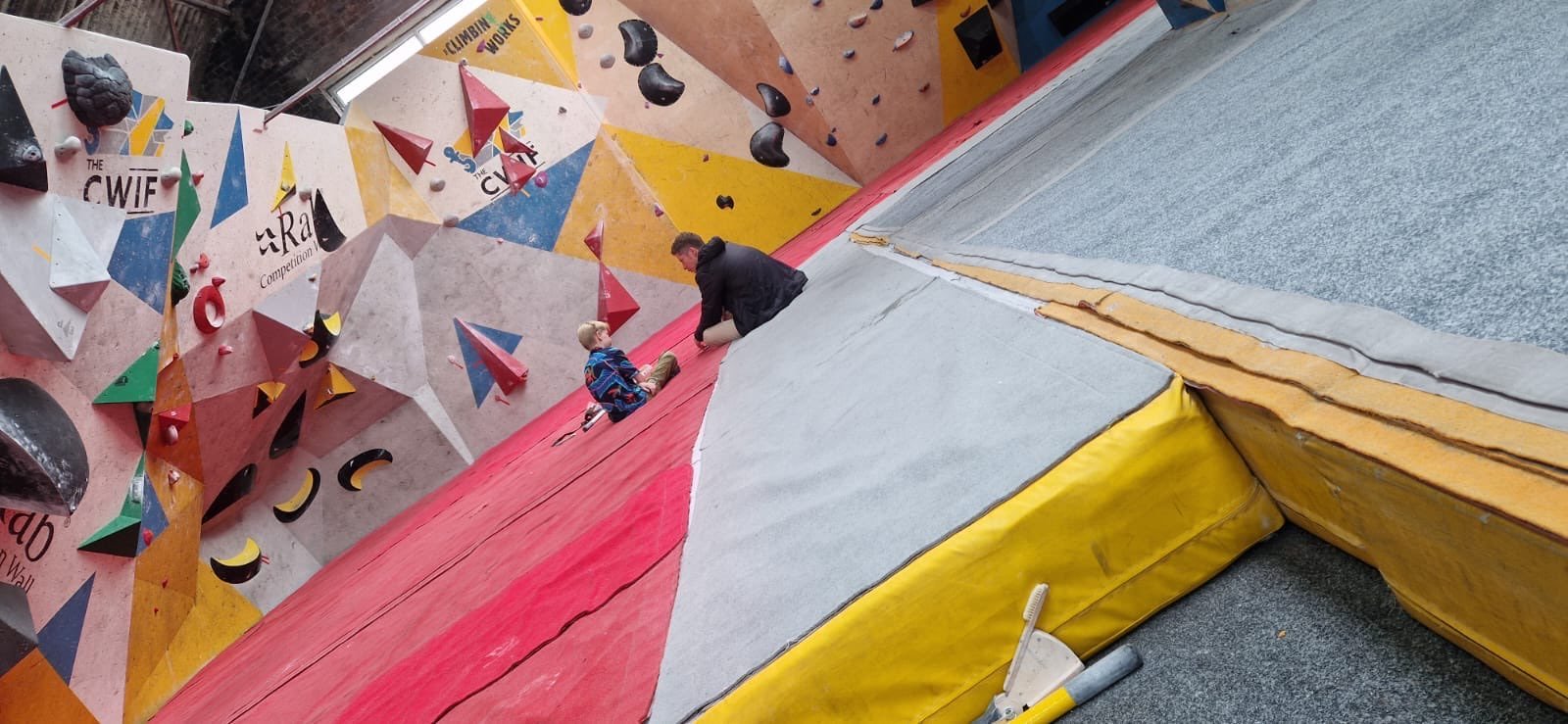THE POWER OF COACH-ATHLETE RELATIONSHIPS: BUILDING TRUST, COMMITMENT, AND SUCCESS
Have you ever taken a step back and truly reflected on the relationship you have with your athletes? How does your coaching impact their motivation, well-being, and performance?
As a climbing coach, you spend countless hours with your athletes. You guide them through hard training sessions, support them through ups and downs, and push them to become better versions of themselves. Your impact goes far beyond technique and physical training—your relationship with your athletes influences their motivation, well-being, and even performance.
The coach-athlete relationship is unique. It’s built on shared experiences, emotions, and trust. Sport psychologist Sophia Jowett and her colleagues define this relationship using the 3C model: Closeness, Commitment, and Complementarity.
Let’s break these down and explore how you, as a climbing coach, can foster each of them to create a positive and productive coaching environment.
The 3Cs of a Strong Coach-Athlete Relationship
Closeness in a coach-athlete relationship refers to mutual trust, respect, and appreciation. When athletes feel emotionally close to their coach, they are more likely to be open about their struggles, receptive to feedback, and engaged in training.
How to foster closeness:Show genuine interest in your athlete as a person, not just as a climber. Ask about their goals, interests, and challenges outside of training.
Provide constructive feedback that acknowledges effort, not just results. Instead of saying, “You didn’t send the route because you’re not strong enough,” try “You made great progress on that crux; let’s keep working on your footwork to make it more efficient.”
Be approachable and available. Let your athletes know they can talk to you, whether it’s about a bad training day or personal concerns.
Commitment means both the coach and athlete are dedicated to long-term progress. It’s about working together towards shared goals, rather than a one-sided effort.
How to foster commitment:Set clear, realistic goals together. Instead of dictating what an athlete should achieve, involve them in the process: “What’s your main focus for this season? Let’s create a plan that works for you.”
Celebrate progress, not just achievements. If an athlete is consistently showing up and putting in the work, acknowledge that. This reinforces commitment and motivation.
Adapt to their evolving needs. Climbing is dynamic—athletes’ motivations, strengths, and weaknesses change. Stay flexible and adjust your coaching approach accordingly.
Complementarity refers to cooperation between coach and athlete. A successful coaching relationship isn’t about control—it’s about collaboration.
How to foster complementarity:Encourage autonomy. Instead of micromanaging every decision, allow athletes to take ownership. For example, let them choose between different drills or discuss route-reading strategies rather than dictating every move.
Create a psychologically safe environment. Mistakes are part of learning. If an athlete fears failure because of harsh criticism, they’ll struggle to take necessary risks. Instead of “That was a terrible attempt,” try “I see what you were going for. What do you think could be adjusted next time?”
Recognize and adapt to different personalities. Some athletes thrive on direct, intense feedback; others need encouragement and space to process. Pay attention to what works best for each individual.
Athletes who experience a positive relationship with their climbing coach—one based on trust, commitment, and collaboration—are more likely to stay motivated, develop confidence, avoid burnout, and ultimately perform better. They feel supported, valued, and engaged in their training, which strengthens their belief in their abilities and increases their resilience in the face of challenges. A trusting coach-athlete relationship fosters self-efficacy—the belief in one's ability to succeed—which in turn enhances performance. In contrast, a negative coach-athlete dynamic, characterized by high control, low autonomy, and constant criticism, increases the risk of burnout. Social support and autonomy protection help athletes stay passionate and committed to their sport, while an empowering coaching environment encourages them to take risks, push their limits, and continue progressing.
Being a climbing coach is more than just teaching technique and building physical strength—it’s about fostering a relationship that helps athletes grow, both in sport and in life. By actively working on Closeness, Commitment, and Complementarity, you create an environment where athletes feel supported, motivated, and ready to perform at theirLearn more about our Coach Education Classes here best.
So, take a moment to reflect on your coaching style.
How do you build trust with your athletes?
Are you working towards shared goals?
Are you allowing them to have a voice in their training?
Small changes in your approach can make a huge difference in your athletes’ experience, satisfaction, and success in climbing.
Let’s keep growing the sport with strong, supportive coaching relationships. After all, climbing is a journey—one best shared with those who lift us up.
Stay tuned for our 2025 Coach Education Classes launching soon! Learn more about our Coach Education Classes here and don’t hesitate to contact us with any questions!

